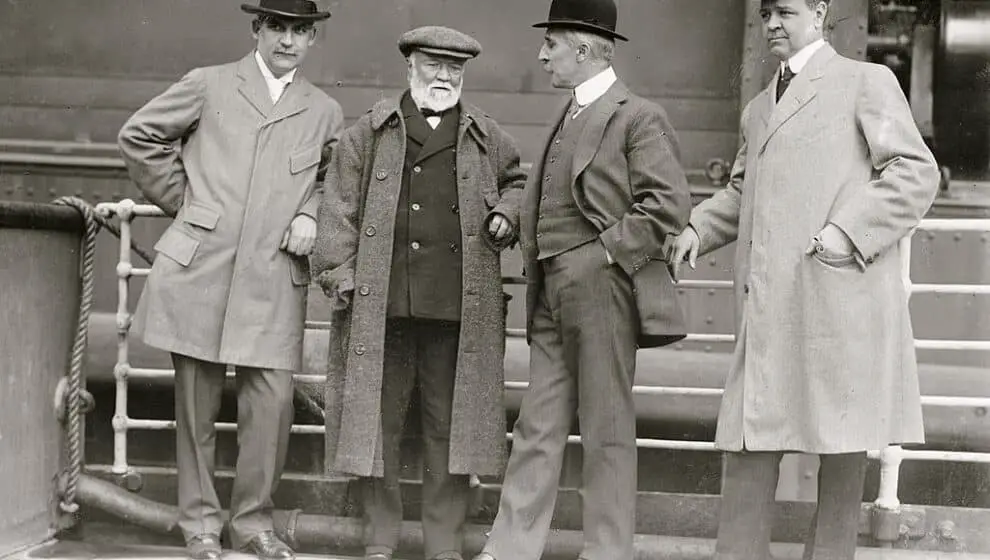The Problem
Corporations have developed a negative reputation. Big business has drawn consistent animosity from politicians and critics going back to the times of the robber barons of the industrial revolution.
And yet the rise of corporations has overseen the uplifting of the human species’ standing of living in the past 200 years with mass production, new inventions, and improvements in shipping that have made the world more connected and wealthy than ever before.
Law professor William Magnuson speaks to this complicated history in his new book For Profit: A History of Corporations, which explores the history and benefits of corporate innovations across time.
Backing up a Bit
Magnuson is an associate professor at Texas A&M University School of Law and teaches courses on business associations, mergers and acquisitions, private equity, venture capital, hedge funds, and international business transactions.
“My current research focuses on a series of interrelated questions about the changing relationship between states and corporations in the modern world. For example, how can states constrain corporate behavior in a world of global competition and mobile capital? … What ramifications does this shifting landscape of corporate law have for how we conceptualize the role of business in the modern world?” he writes.
Possible Solutions
“Americans have long been skeptical of corporations, and that skepticism has only grown more intense in recent years. Meanwhile, corporations continue to amass wealth and power at a dizzying rate, recklessly pursuing profit while leaving society to sort out the costs,” says the publisher.
Magnuson says that the history of corporations shows that they can function with a “purpose-built to benefit the societies that surround them” and that they can serve a role that benefits society through civil virtue—not just as a profit-driven enterprise.
The book was published on November 8, 2022, by Basic Books.
